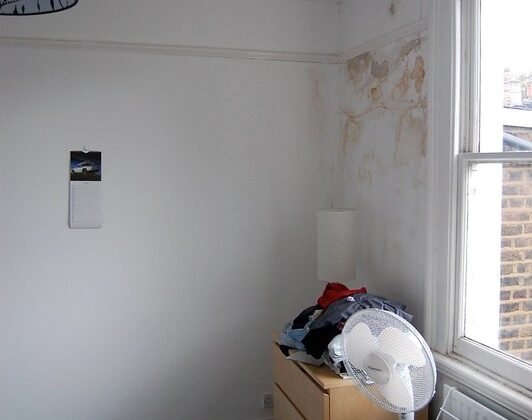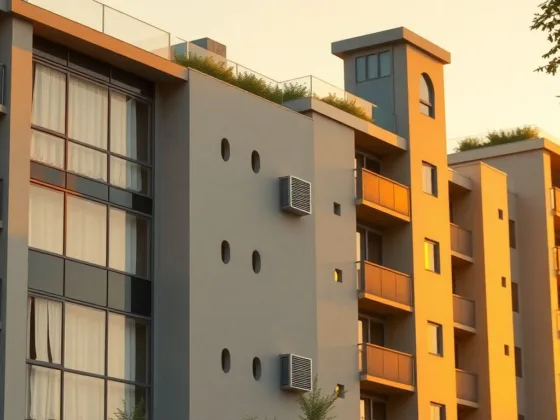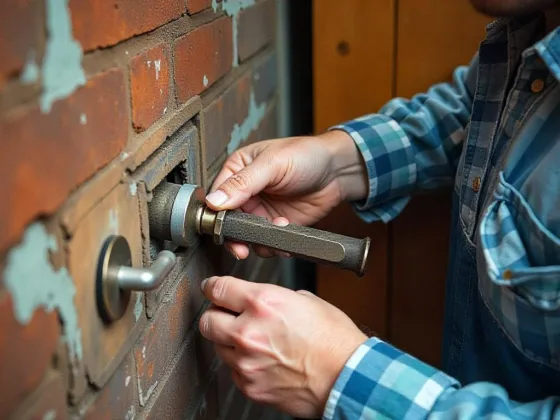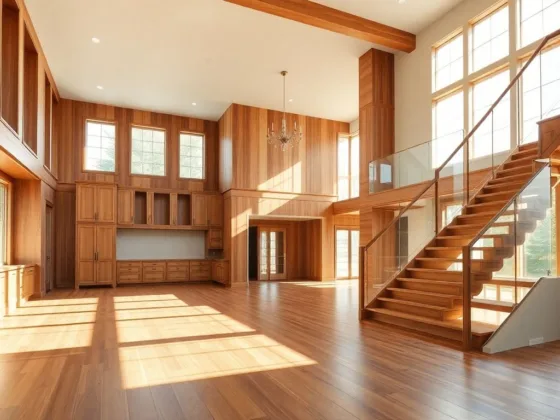Homeownership comes with a variety of expenses and home improvement projects are often a significant portion of those costs.

Fortunately, there are potential tax benefits available for homeowners who undertake certain types of renovations or improvements. In this article, we’ll explore whether or not home improvements can be claimed on income tax returns.
The short answer is: it depends. Generally speaking, home remodeling that are made for personal use are not tax-deductible. This includes things like new landscaping, adding a swimming pool, or updating the kitchen. These types of renovations are considered to be capital improvements, which are generally non-deductible expenses.
However, there are some circumstances under which home improvements may be claimed on your income tax return. Let’s take a closer look at these situations.
Home Office Deduction
If you use a portion of your home exclusively for business purposes, you may be eligible to claim a home office deduction. This deduction allows you to deduct a portion of your home-related expenses, including mortgage interest, property taxes, utilities, and repairs and maintenance, based on the percentage of your home that is used for business purposes.
To qualify for the home office deduction, you must meet certain requirements. Your home office must be used regularly and exclusively for business purposes, and it must be your principal place of business or a place where you meet with clients or customers in the normal course of your business.
If you qualify for the home office deduction, you may be able to deduct a portion of the cost of any improvements you make to your home office space.
Read Also:
Medical Deduction
If you make home improvements to accommodate a medical condition, you may be eligible to claim a medical expense deduction on your income tax return. This deduction allows you to deduct qualifying medical expenses that exceed a certain percentage of your adjusted gross income.
To qualify for the medical expense deduction, the home improvements must be deemed medically necessary. This can include things like adding a wheelchair ramp or installing a walk-in bathtub. However, cosmetic improvements, such as adding a hot tub or swimming pool, are not eligible for this deduction.
Energy Efficiency Tax Credits
The federal government offers tax credits for homeowners who make energy-efficient improvements to their homes. These tax credits can be claimed for improvements such as adding insulation, installing energy-efficient windows or doors, or upgrading your heating or cooling system.
The amount of the tax credit you can claim varies depending on the specific improvements you make, and there are limitations and restrictions on which improvements are eligible. Additionally, the tax credit is subject to a lifetime cap, which means that once you’ve reached the cap, you can no longer claim the credit.
In conclusion, while most home improvements are not tax-deductible, there are some situations under which you may be able to claim a deduction or tax credit. If you’re considering making home improvements and want to explore tax benefits, it’s a good idea to consult with a tax professional who can help you navigate the complex tax rules and regulations.









